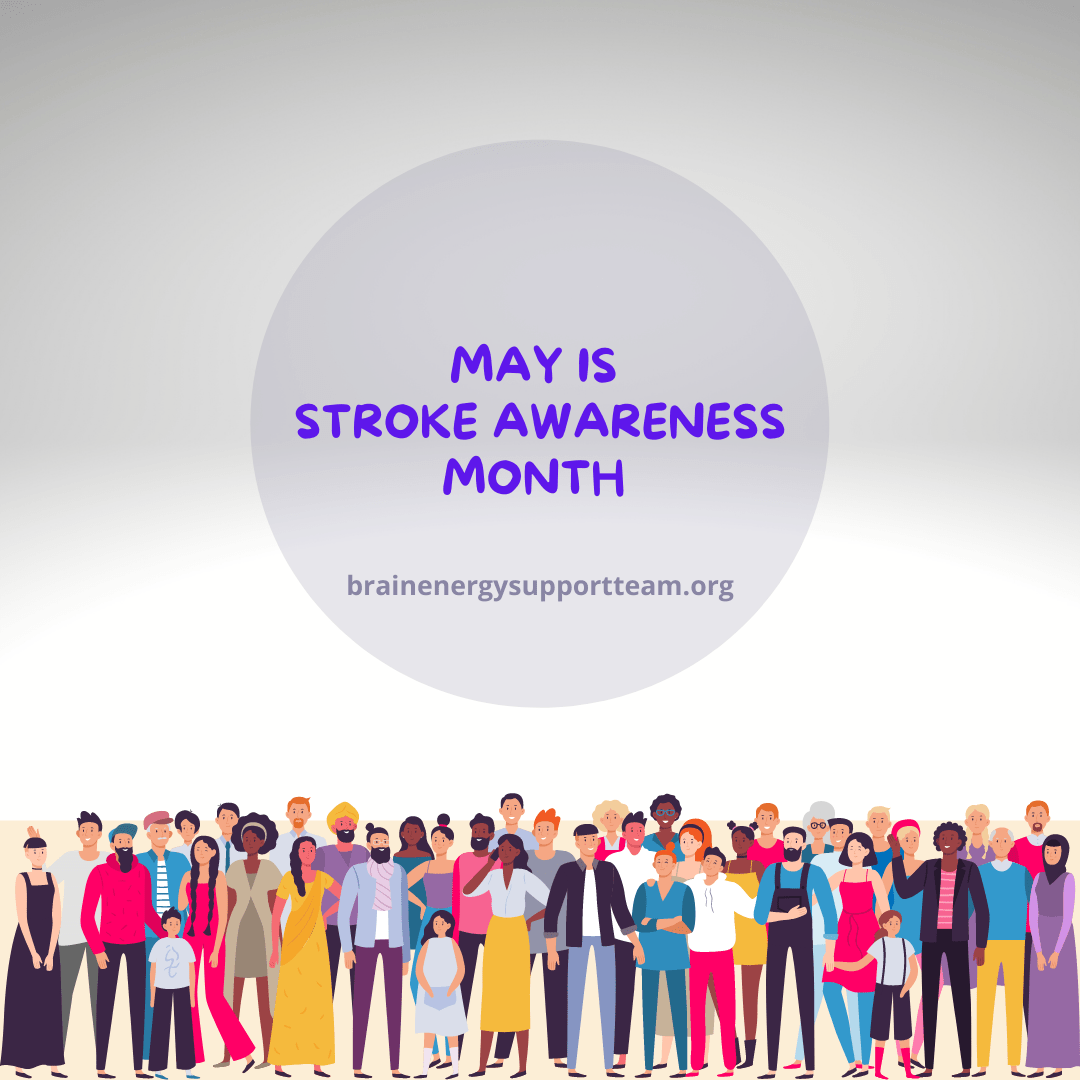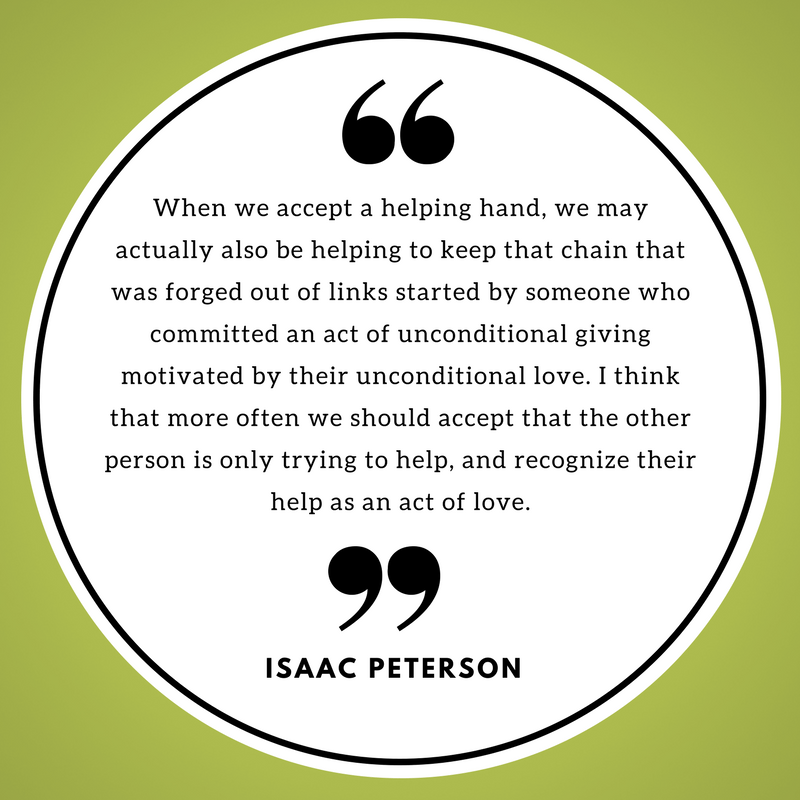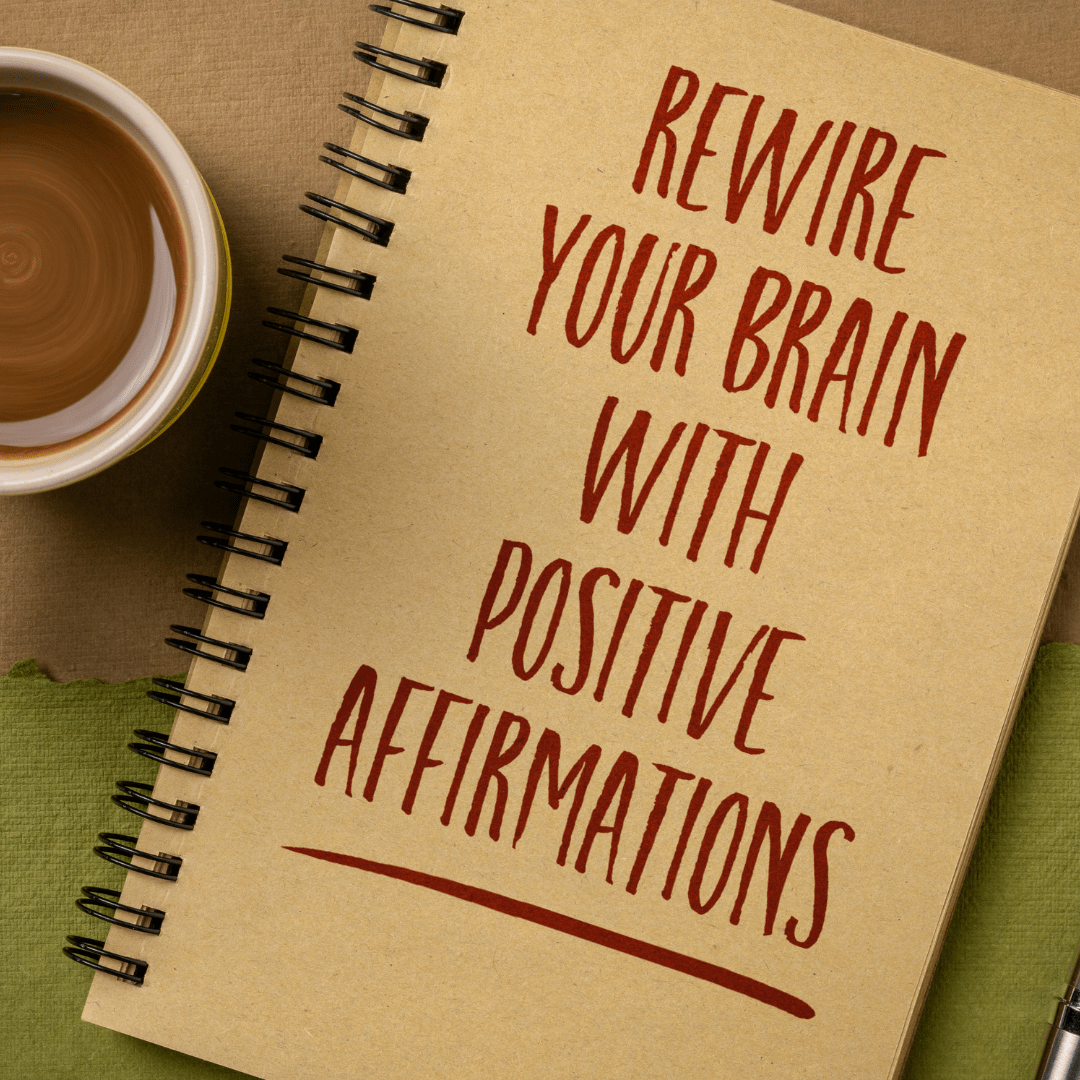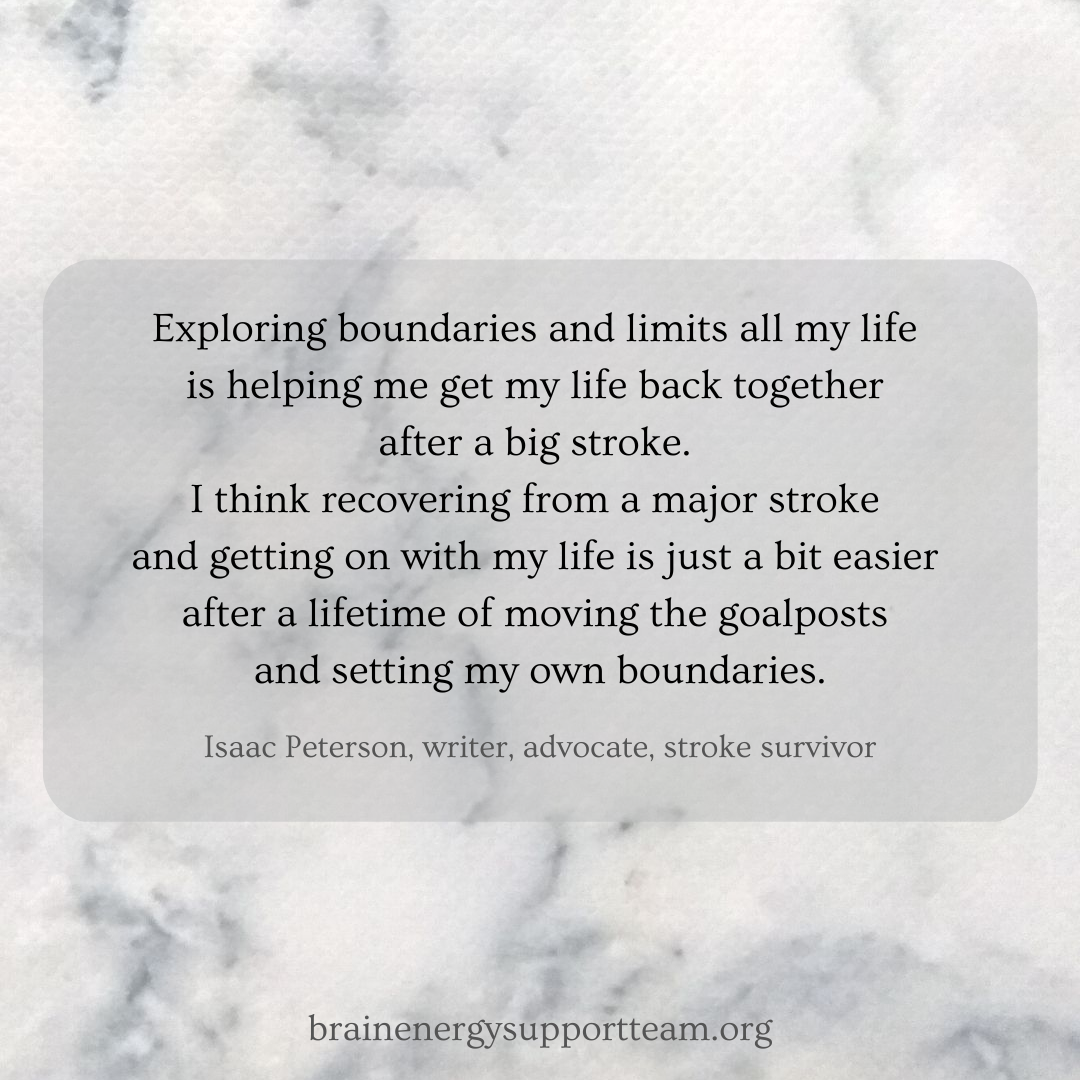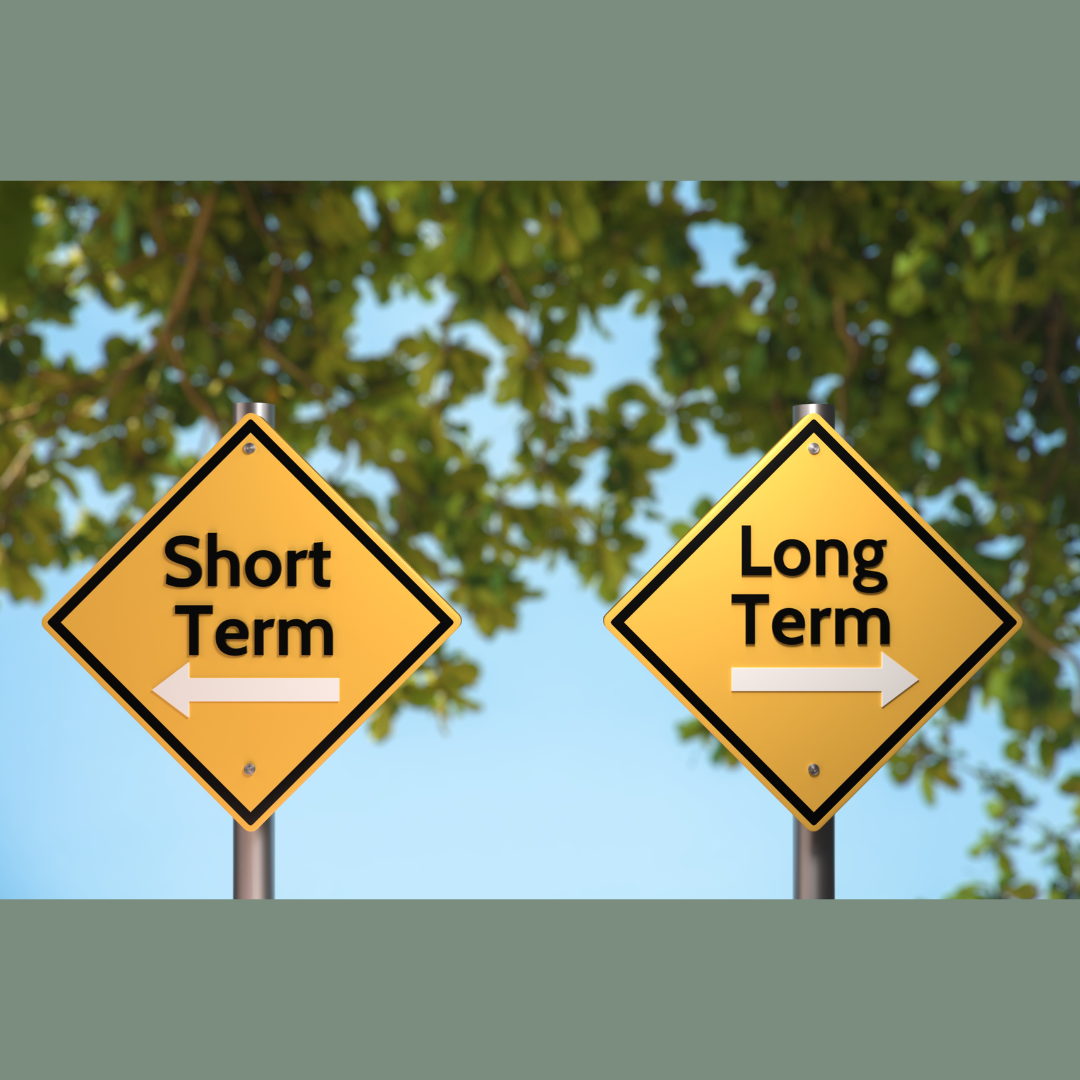I just ran across some new information about sleep. Actually it’s more about how Daylight Savings Time (DST) can affect sleep.
I’m not going to get into the history of DST or its purpose. Everybody knows what it is—those two really annoying days each year where we set the clocks ahead or back by an hour. Why can’t they make up their minds, or just leave the time and clocks alone?
There’s a good case to be made for just sticking with year-round standard time. Doing that would be good news for many brain injury survivors, apart from not having to reset all our clocks and watches two times a year.
We’ve read about circadian rhythms, your body’s internal clock, and how it’s geared to a roughly 24-hour cycle. And we all know how important it is to get a good night’s sleep, brain injury or not. Circadian misalignment is a mismatch in timing between our biological rhythms and the outside world and it can have noticeable effects on our overall wellbeing.
Well, it turns out that turning the clocks ahead every spring can have serious negative effects on sleep.
Some clever and knowledgeable people at the Vanderbilt University sleep division have found evidence that links the time change in the spring to increased strokes and heart attacks. Don’t ask me how—I just have to trust the experts on this one.
That time change in the spring seems to have a more negative effect than the change in the fall when we turn the clocks back an hour. Both changes affect the body’s natural rhythms by requiring the brain and the body to adapt to unnatural changes in our circadian rhythms, but setting the clocks ahead more so.
Morning light is really important for helping set our body’s natural rhythms. Sunlight affects the part of the brain connected with our emotions and aids in increasing our body’s levels of cortisol. Cortisol is involved in regulating our sleep cycles and our level of alertness.
Lack of morning sunlight can have a real effect on schoolchildren, who are suddenly leaving the house while it’s still dark outside. I remember how jarring that was to me and my system when I was a schoolkid. It makes kids crankier and less attentive.
On the other end of lack of morning sunlight is exposure to light later into the evening. That can interfere with the brain’s release of melatonin, the hormone that promotes drowsiness. This can interfere with the quality of sleep, may cause us to sleep less overall and can increase the amount of time needed to adjust to losing an hour of sleep after the start of DST.
For me, the obvious question is how all this affects traumatic brain injury survivors.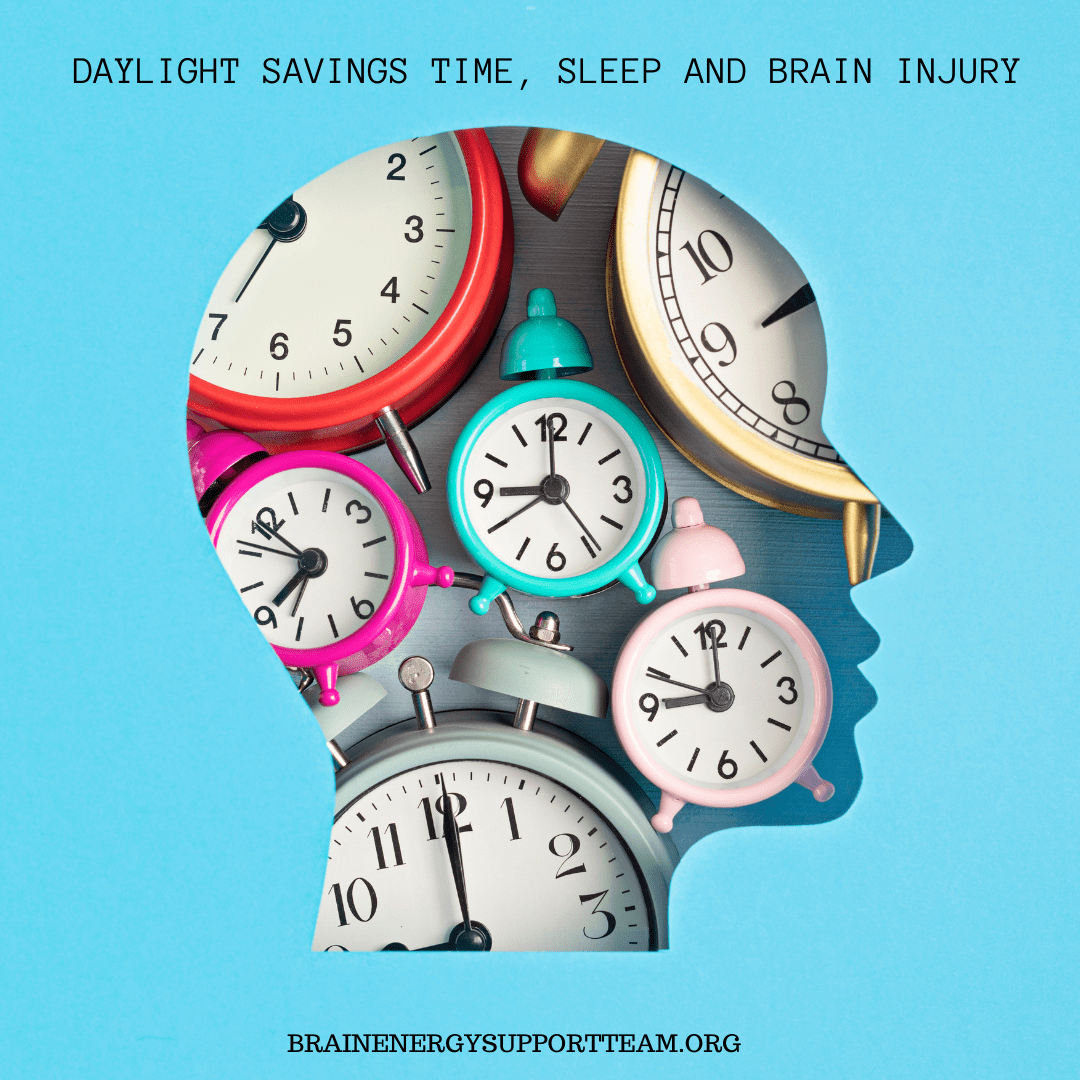
I didn’t find any information specifically about that, but the effect can’t be good. Interfering with regular sleep patterns must have some effect on recovering from a brain injury, since routine regular, continuous sleep is key to recovering. The effects of DST on drowsiness and alertness can’t be good for recovering.
There are a couple of states, Arizona and Hawaii, that stick to year-round standard time and don’t change the clocks. I’d like to see that nationwide; the proposal to scrap DST comes up from time to time in state legislatures and if I’m not mistaken, has been debated in Congress. The overwhelming majority of people support getting rid of Daylight Savings Time for good.
But until we all go back to universal standard time what can we do to neutralize the negative effects of DST? TBI survivors have enough to deal with without the prospect of strokes or heart attacks, or the attendant drowsiness and irritability.
I found suggestions for coping; most seem to already be guidelines for getting good, quality sleep like making sure to turn off electronic devices like TVs and computers, not drinking alcohol late in the day and getting exercise early in the day.
Other strategies include the following:
- Structuring your days and nights to maximize the amount of time during the day you spend in
natural lighting. - Closing curtains before bedtime to cut down on light.
- Exposing yourself to bright light early in the day—open your curtains and let the light in.
- Eating a protein-heavy breakfast.
- Avoiding coffee after noon.
While these tips are great, my bottom line is this: it’s way past time to get rid of DST. What do you think?
Note: A few hours after this article posted, The Senate passed a bill Tuesday, March 15, 2022, that would make daylight saving time permanent across the U.S. beginning in 2023. The Sunshine Protection Act of 2021 was approved by unanimous consent, but would still require House approval and President Biden’s signature to become law.
 | Isaac Peterson grew up on an Air Force base near Cheyenne, Wyoming. After graduating from the University of Wyoming, he embarked on a career as an award-winning investigative journalist and as a semi-professional musician in the Twin Cities, the place he called home on and off for 35 years. He doesn’t mind it at all if someone offers to pick up his restaurant tab and, also, welcomes reader comments. Email him at isaac3rd@gmail.com. Read more articles by Isaac here; https://www.brainenergysupportteam.org/archives/tag/isaac-peterson |
|---|

